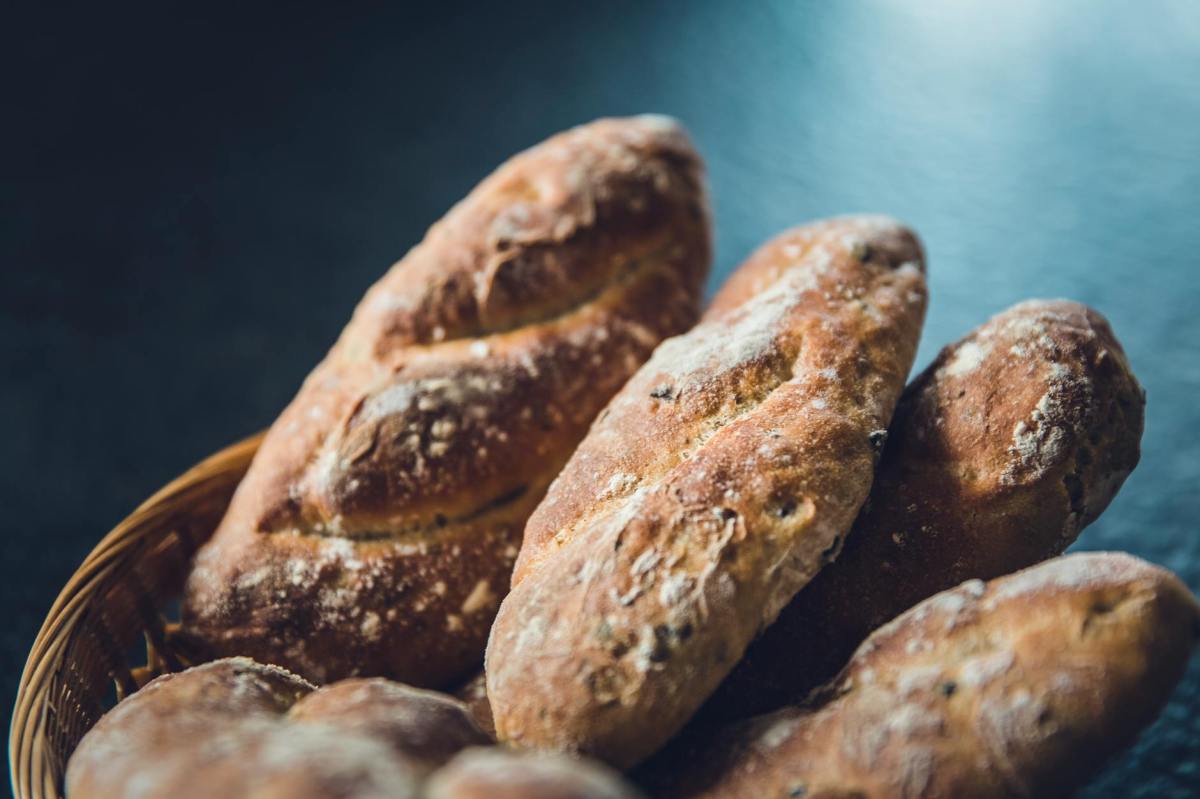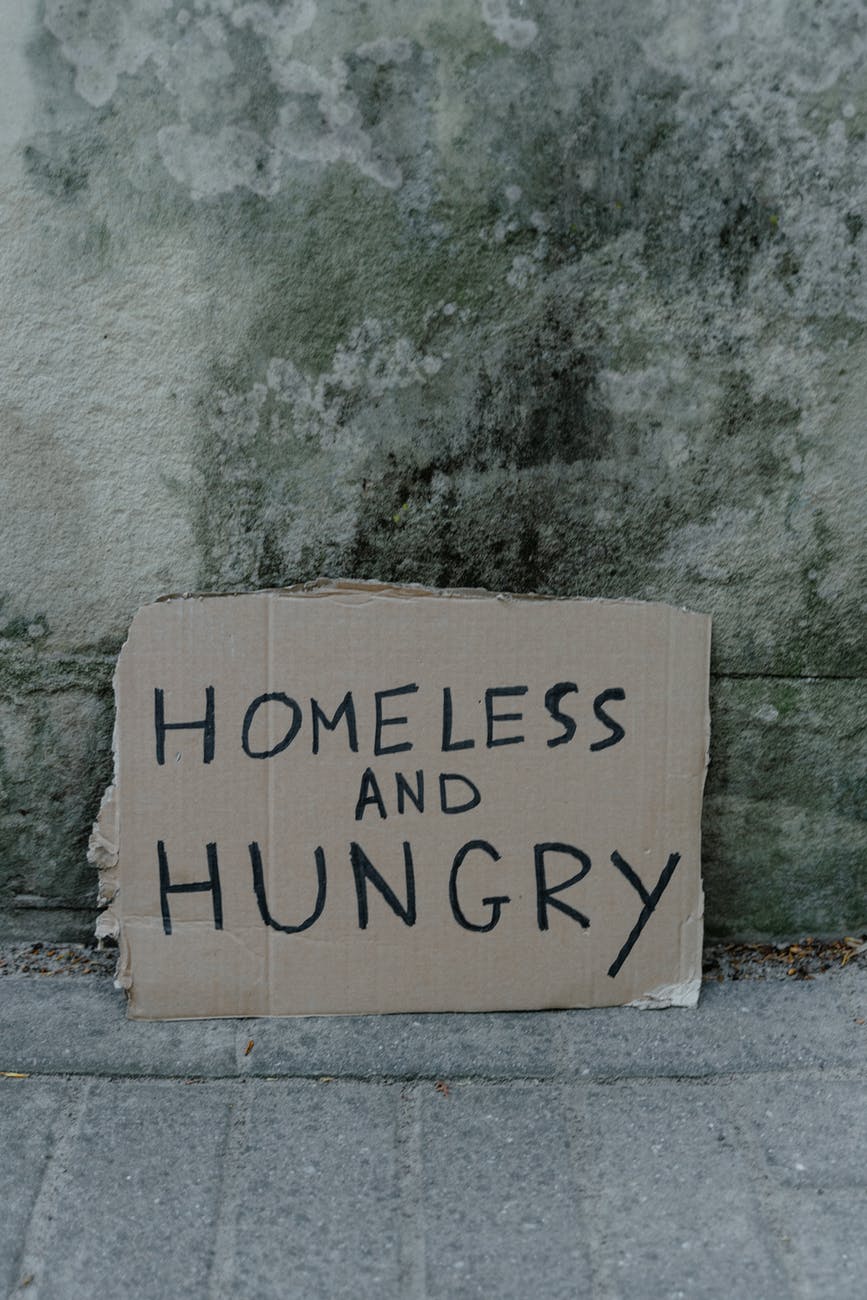Hunger is not a third world problem, it is a global problem. Hunger can lead people to do things that are morally bad in order to be filled. In the Old Testament, we saw how Esau carelessly sold his birthright for a bowl of red stew (Genesis 25:33-34) because he was very hungry. At one point, the army of Israel was so hungry that they ate animals with their blood in it (1 Samuel 24:33). At another time, the king of Israel was disgusted and angry to know that two women decided to eat their own children because of hunger and they succeeded in eating one child (2 Kings 6:28-29). In the 21st century, hunger is the course of most of the vices that happen on the street. People go the extra mile to hurt and even kill others in order to satisfy their hunger. If these stories of hunger are unpleasant, imagine leading a whole hungry nation for days. This was what happened when the people of Israel experienced hunger in the wilderness:
The whole Israelite community set out from Elim and came to the Desert of Sin, which is between Elim and Sinai, on the fifteenth day of the second month after they had come out of Egypt. In the desert the whole community grumbled against Moses and Aaron. The Israelites said to them, “If only we had died by the Lord’s hand in Egypt! There we sat around pots of meat and ate all the food we wanted, but you have brought us out into this desert to starve this entire assembly to death.” (Exodus 16:1-3).
Then the Lord said to Moses, “I will rain down bread from heaven for you. The people are to go out each day and gather enough for that day. In this way I will test them and see whether they will follow my instructions. (Exodus 16:4)
Imagine over a million people screaming at Moses and Aaron to do something about their hunger. These were the same people who had experienced the manifest power of God through the working of miracles. They experienced a great deliverance that took them from Egypt to their current location. Yet, when they were hungry, they totally forgot that the God who easily parted the Red sea can so easily provide them with food to satisfy their hunger. Before you consider the Israelites as ungrateful people, just consider the many instances the Lord God has graciously provided for you, yet at the sight of another situation, you murmured and complained as if God has never done anything in your life. We are all guilty of this. Whether hungry or filled, we should acknowledge that God still provides. How did God deal with this situation? In Exodus 16:4-5, the Lord God said to Moses, “I will rain down bread from heaven for you. The people are to go out each day and gather enough for that day. In this way I will test them and see whether they will follow my instructions. On the sixth day they are to prepare what they bring in, and that is to be twice as much as they gather on the other days.”
“Bread from heaven” was God’s solution to a national hunger crisis. The people of Israel called the bread manna. It was white like coriander seed and tasted like wafers made with honey. (Exodus 16:31). The Israelites survived on manna for 40 years. God did not cease in those 40 years to rain manna for the people to be satisfied. This amazing miracle of God’s provision sustained an entire nation for 40 years until they tasted the produce from their new home. God did not miss out in providing bread to the people. As the people delighted in the bread so much and saw it as the sustenance, God reminded than in Deuteronomy 8:3 that even the hunger was His own way to humble the nation and then feeding them with manna, which neither them nor their ancestors had known, to teach them that man does not live on bread alone but on every word that comes from the mouth of the Lord. Thus, bread is good but is not the only way to survive. Man’s survival also depends on the word of God which is an eternal bread. During Jesus’ temptation, “after fasting forty days and forty nights, he was hungry. The tempter came to him and said, “If you are the Son of God, tell these stones to become bread.” (Matthew 4:2-3).
Jesus reminded the tempter that “It is written: ‘Man shall not live on bread alone, but on every word that comes from the mouth of God.’” (Matthew 4:4). As we seek God’s provision to satisfy our physical hunger, we should more than anything also desire not to be just bread consumers but word consumers. Understanding that our spiritual hunger can only be satisfied by the word of God Himself should encourage us to develop an intimate relationship with God. In John 1:1-5, John the apostle revealed a profound truth: “In the beginning was the Word, and the Word was with God, and the Word was God. He was with God in the beginning. Through him all things were made; without him nothing was made that has been made. In him was life, and that life was the light of all mankind. The light shines in the darkness, and the darkness has not overcome it.” Jesus is the Word incarnate, He is the bread of life. No wonder before He was crucified, He took bread, gave thanks and broke it, and gave it to His disciples, saying, “This is my body given for you; do this in remembrance of me.” (Luke 22:19).
Enjoying the bread of heaven goes beyond the sacrament of the Holy Communion, it is also a deliberate effort to be daily filled with both the logos (written word) and the rhema (revealed word for a specific situation). Don’t be a hungry believer, there is too much to be consumed each day.






